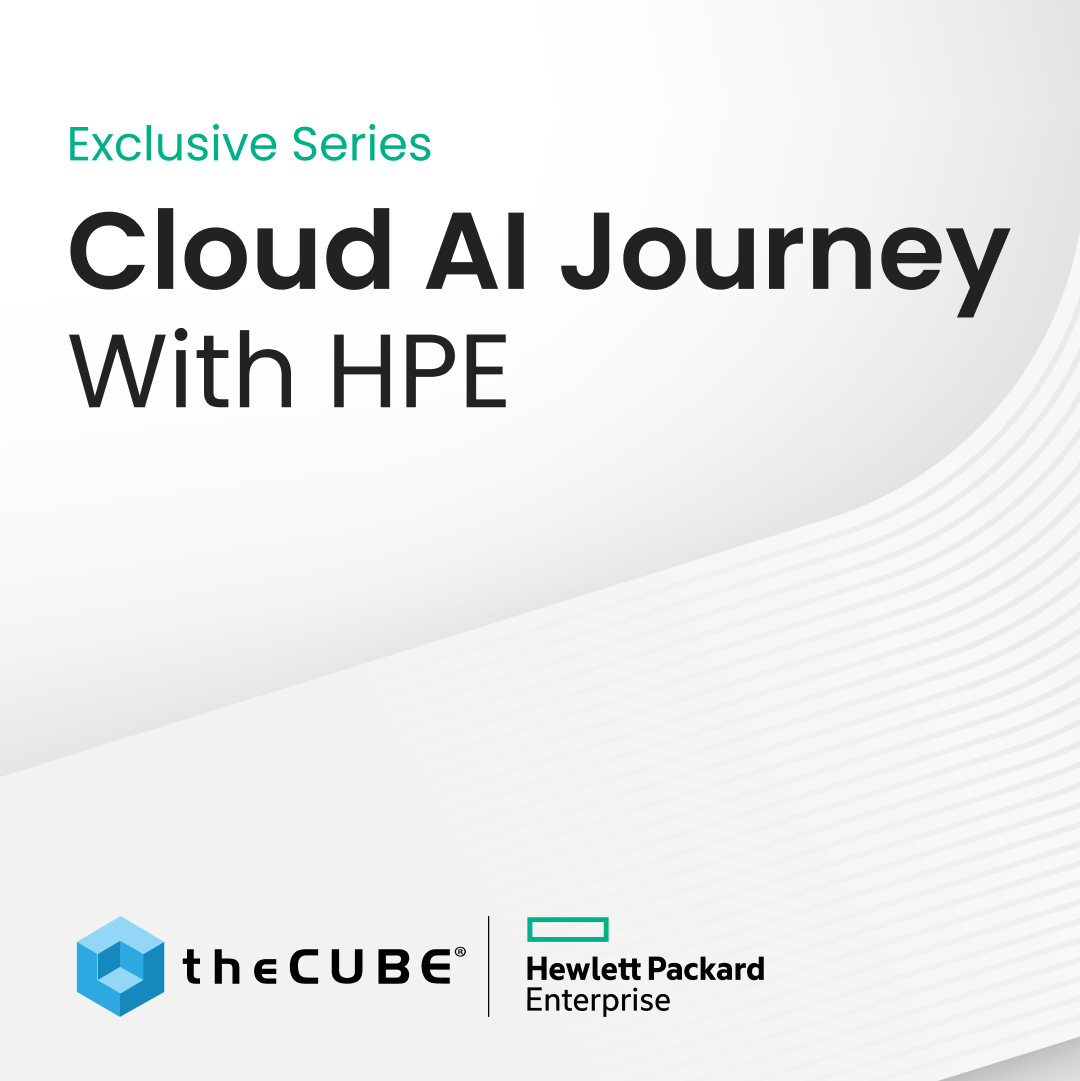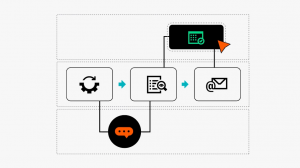Iron Mountain: Not Your Daddy’s Information Management Firm
I attended the Iron Mountain Analyst Event last night and today. It’s being held at the Liberty Hotel in Boston. The theme of the event is transformation and the venue is appropriate because it’s a very cool hotel, which is situated at the site of the old Charles Street Jail…and of course the world famous Buzzy’s Roast Beef. Thankfully Buzzy’s is the only one of the two I’ve frequented until now.
Everyone knows Iron Mountain as the company with the white vans that cruise around picking up physical records. Iron Mountain stores 600 million boxes with an average of 1,200 files each. But Iron Mountain has completely transformed its service offerings through a mind-boggling series of acquisitions including technology firms such as LiveVault, Connected, Stratify and most recently Mimosa. Iron Mountain positions itself as the world’s most trusted information management company. Here’s a short video from the event with Bob Brennan, the company’s CEO.
Bob made several additional key points in his presentation, including:
- Iron Mountain throws off a lot of cash and is consistently profitable.
- He joked (sort of) that Iron Mountain is a real estate company with boxes as tenants.
- The company has an enormous footprint—like 150,000 customers. Its strategy is to leverage that footprint by unifying acquired IP to solve the world’s information management problems (which we all know are ridiculously huge).
- Iron Mountain has the ‘permission’ of its investors (e.g. Berkshire Hathaway and Goldman Sachs) to transform the business and invest aggressively ahead of the broader market.
Iron mountain is a company with $3B in revenues and nearly $500M in cash on the balance sheet. It’s a very capital intensive business because it requires infrastructure to collect and transport physical assets. The debt doesn’t bother me (or Warren I presume) for a couple of reasons: 1) The debt is collateralized against the company’s substantial real estate assets and 2) The company throws off plenty of cash to service the debt.
I love the model. The capital intensiveness of the business, giant customer footprint, substantial real estate assets and subscription model make Iron Mountain a utility-like company that has very predictable performance. This is a major barrier of entry to competitors.
But the company is going through this massive transition (which always scares me) from physical to digital information management. It’s entering R&D intensive markets, specifically eDiscovery, digital archiving, electronic records management and digital data protection; competing against some large established firms such as Autonomy, EMC, HP, IBM and Symantec. I challenged Brennan on this transition and he stressed the following:
- The company intends to leverage its cash position, ability to throw off cash and asset base to invest in digital opportunities.
- It’s large investors are supportive of the transition.
- Brennan is heightening the sense of urgency and time-to-market ethos at the company, being mindful that the Iron Mountain annuity-like business model is a potentially disarming elixir for employees.
- Brennan unequivocally stated “we never want to be part of another company.”
I love that. A commitment to remain independent—a bold statement in today’s world of IT consolidation. I also love the fact that unlike most companies that rely on a license/maintenance or product sale/maintenance revenue model, Iron Mountain’s revenue recognition is substantially subscription based. That means the firm is used to investing way ahead of revenue coming in. Traditionally, a transition from a big hit up-front license to a subscription- or SaaS-based model causes major heartburn for public companies.
So in this new Digital world to which Iron Mountain is transitioning, the barriers of entry will be lower but the barriers to success will still be high. Frankly, I look toward Google as the company’s toughest competitor long-term and Iron Mountain will have to maintain its value-based model and Google-proof its business by leveraging its relationships and doing better than the Google/Postini vision promises with regard to trust, reliability and security.
The company was founded in the early 1950’s and it wouldn’t shock me if my kids see Iron Mountain celebrate a centennial.
I attended the Iron Mountain Analyst Event last night and today. It’s being held at the Liberty Hotel in Boston. The theme of the event is transformation and the venue is appropriate because it’s a very cool hotel, which is situated at the site of the old Charles Street Jail…and of course the world famous Buzzy’s Roast Beef. Thankfully Buzzy’s is the only one of the two I’ve frequented until now.
Everyone knows Iron Mountain as the company with the white vans that cruise around picking up physical records. Iron Mountain stores 600 million boxes with an average of 1,200 files each. But Iron Mountain has completely transformed its service offerings through a mind-boggling series of acquisitions including technology firms such as LiveVault, Connected, Stratify and most recently Mimosa. Here’s a short video from the event with Bob Brennan, the company’s CEO.
<object width=”480″ height=”385″><param name=”movie” value=”http://www.youtube.com/v/otvbL91bFSQ&hl=en_US&fs=1&”></param><param name=”allowFullScreen” value=”true”></param><param name=”allowscriptaccess” value=”always”></param><embed src=”http://www.youtube.com/v/otvbL91bFSQ&hl=en_US&fs=1&” type=”application/x-shockwave-flash” allowscriptaccess=”always” allowfullscreen=”true” width=”480″ height=”385″></embed></object>
Bob made several additional key points in his presentation, including:
- Iron Mountain throws of a lot of cash and is consistently profitable.
- It’s a real estate company with boxes as tenants.
- Iron Mountain has the ‘permission’ of its investors (e.g. Berkshire Hathaway and Goldman Sachs) to transform the business and invest aggressively ahead of the broader market.
- The company has an enormous footprint—like 150,000 customers. Its strategy is to leverage that footprint by unifying acquired IP to solve the world’s information management problems (which we all know are ridiculously huge).
Iron mountain is a company with $3B in revenues and nearly $500M in cash on the balance sheet. It’s a very capital intensive business because it requires infrastructure to collect and transport physical assets. The debt doesn’t bother me (or Warren J) for a couple of reasons: 1) The debt is collateralized against the company’s substantial real estate assets and 2) The company throws off plenty of cash to service the debt.
I love the model. The capital intensiveness of the business, giant customer footprint, substantial real estate assets and subscription model make Iron Mountain a utility-like company that has very predictable performance. This is a major barrier of entry to competitors.
But the company is going through this massive transition which always scares me. It’s entering R&D intensive markets, specifically eDiscovery, digital archiving, electronic records management and digital data protection; competing against some large established firms such as Autonomy, EMC, HP and Symantec. I challenged Brennan on this transition and he stressed the following:
- The company intends to leverage its cash position, ability to throw off cash and asset base to invest in digital opportunities.
- It’s large investors are supportive of the transition.
- Brennan is heightening the sense of urgency and time-to-market ethos at the company, being mindful that the Iron Mountain annuity-like business model is a potentially disarming elixir for employees.
- Brennan unequivocally stated “we never want to be part of another company.”
I love that. A commitment to remain independent—a bold statement in today’s world of IT consolidation.
A message from John Furrier, co-founder of SiliconANGLE:
Your vote of support is important to us and it helps us keep the content FREE.
One click below supports our mission to provide free, deep, and relevant content.
Join our community on YouTube
Join the community that includes more than 15,000 #CubeAlumni experts, including Amazon.com CEO Andy Jassy, Dell Technologies founder and CEO Michael Dell, Intel CEO Pat Gelsinger, and many more luminaries and experts.
THANK YOU















